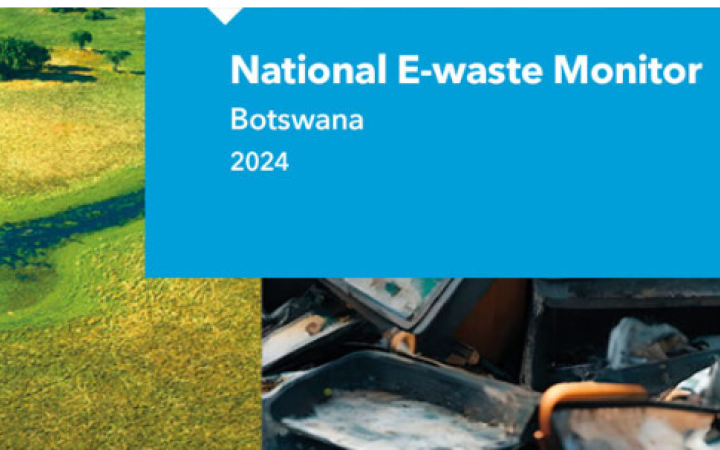NSW Farmers’ Association is disappointed the federal government has missed key opportunities in the federal budget to strengthen Australian agriculture and rural communities.
President of NSW Farmers Xavier Martin said the federal budget has “fallen short” of expectations, particularly around the significant biosecurity threats Australian farmers face.
“At first glance, $1 billion in extra funding to strengthen biosecurity measures sounds great, however, it’s farmers that are being told to pay for it with a new ‘biosecurity protection levy’.
“Biosecurity is a significant threat on many levels, not just for agriculture, but for the Australian economy in general. It’s risk creators, the people exposing our country to deadly diseases and pests, that should be bearing the brunt of the cost, not farmers who are growing our food and fibre. Sure, importers will be paying slightly more but quite frankly, it’s not enough.”
Other concerning elements of the budget include inadequate spending on improving regional roads and infrastructure and the new capping of the Instant Asset write-off to assets valued up to $20,000.
NSW Farmers’ Association is pleased however to see Australia performing well despite the global challenges and remaining competitive amongst the uncertainty facing many parts of the world.
“Let’s not forget the role Agriculture and rural Australians have played in contributing to this,” Mr Martin said.
“On the upside, the budget has allowed for moves to improve apprenticeship support services and drive-up apprenticeship completion rates. Worker shortages is a real problem across our sector, so it’s a step in the right direction.”
Other welcomed announcements include:
• Deductions of an additional 20 per cent of the cost of depreciating assets that support more efficient use of energy.
• Investment in rural health with a boost to the amount paid to rural doctors bulk billing.
“Overall, the farming community will likely feel like they’ve been forgotten in this budget. It’s a pity as this was a golden opportunity for the Albanese Government to show a commitment to improving cost of living pressures, not just for people in the city, but also for those of us in the regions,” Mr Martin concluded.







